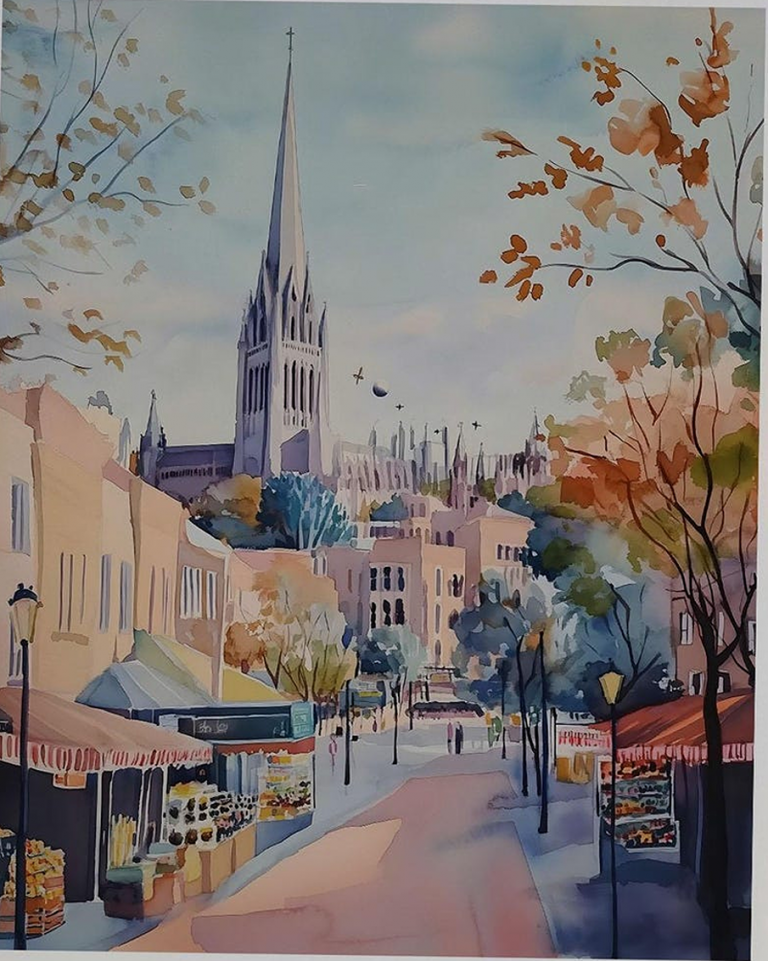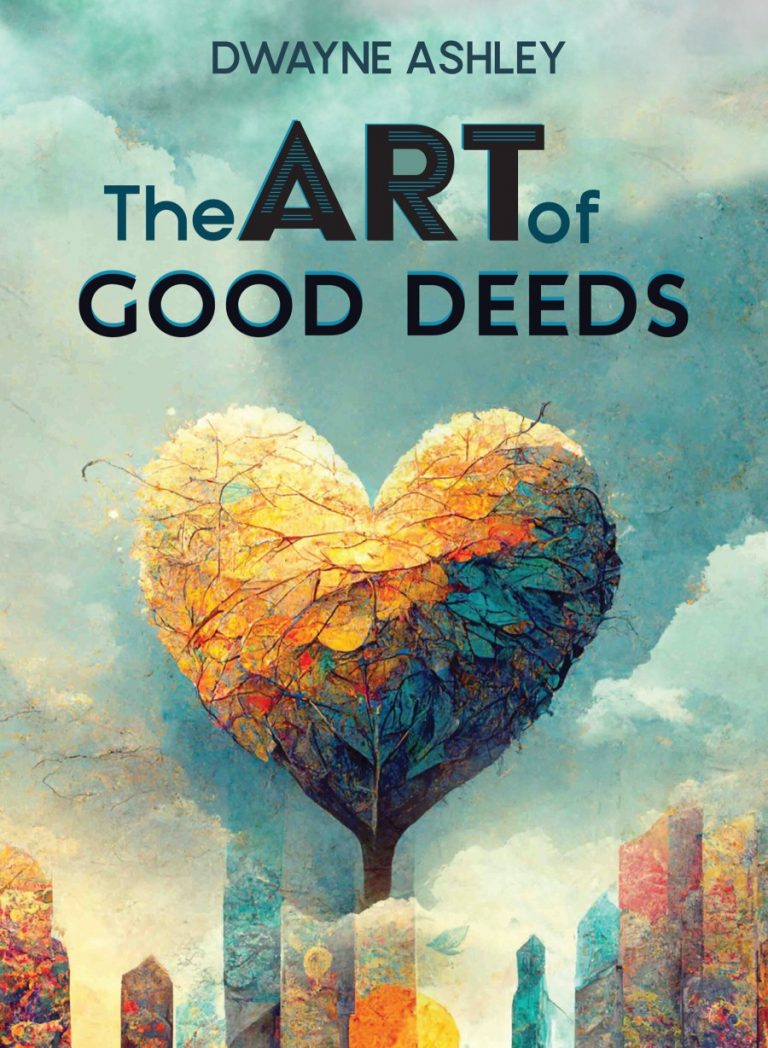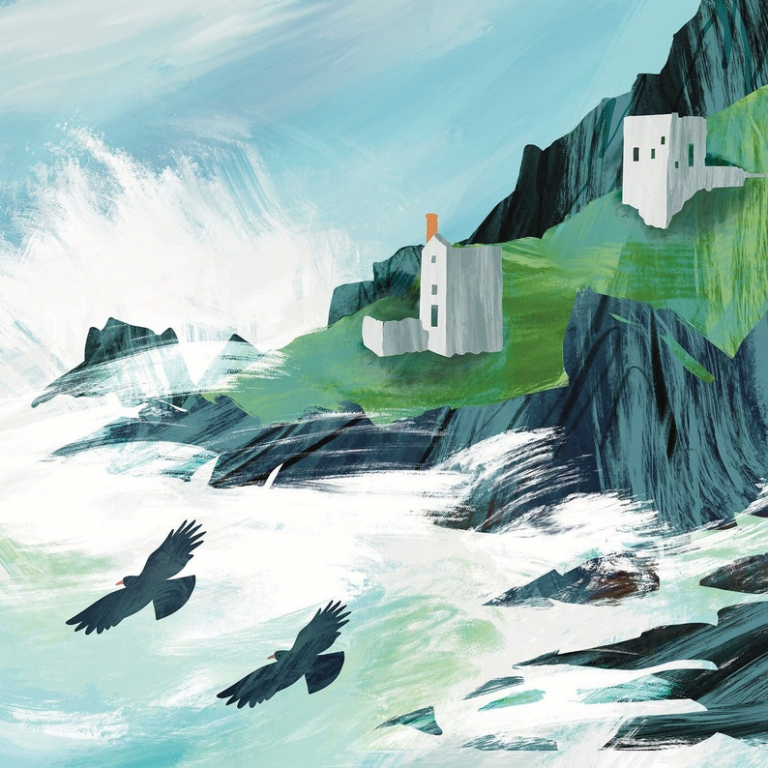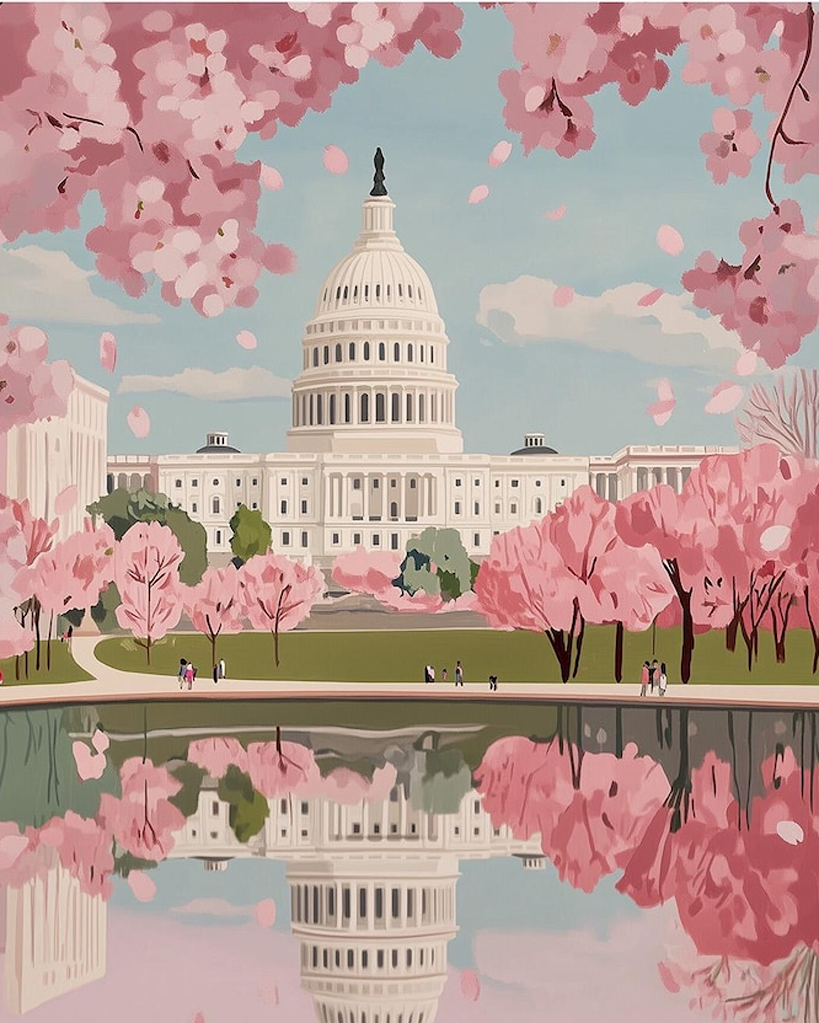
The media is all over President Trump these days, you would almost think that we live in the USA, considering the amount of air-time he is given on mainstream media. This is not a ‘let’s get Trump’ post (and it’s important to acknowledge the mass failings of the previous administration, which is why he won by a landslide – when the electorate don’t feel listened to, they elect someone else).
But his Presidency is becoming seriously worrying on many counts. Not that there look like many better choices at present (though we like this Boston mayor, who is transforming her city, and gaining fans by the day, despite opponents spending millions to try to unseat her).
If you turn on the BBC, you’ll find presenters parroting what Trump says on his social media (who cares?) and we are told that he’s very important to us, due to trade deals. We could of course just have walkable communities, local farm shops, credit unions and local media, then we wouldn’t need trade ambassadors etc. Why don’t we create a wonderful society, and have the USA be inspired by us, instead?
What are President Trump’s Qualifications?
We often hear that he is a billionaire who knows how to run a business. In fact, he was born into immense wealth, and despite buying many skyscrapers, hotels, casinos and golf courses, during the 90s and 2000s, The Trump Organisation filed for bankruptcy several times.
A few years back, he destroyed a Site of Special Scientific Interest in the beautiful sand dunes of Scotland, to build a luxury golf course resort. The documentary film You’ve Been Trumped (which he tried to block) follows the story of a local man and his mother, who refused to take money to move. Even though at one point, the farmer was being offered an obscene amount of money for nothing. He still would not budge.
Eventually, Trump’s organisation had to build the golf course around him, realising that he could not buy power in this area. Scots remain angry as the Balmedie dunes have now lost their status (north of Aberdeen).
The crofter became a worldwide hero in standing up for his land, and later said ‘All he talked about was money. I told him he could take his money, and shove it up his arse. The only regret I have is that I didn’t knock him on his arse, when I met him’.
What are Trump’s Political Policies?
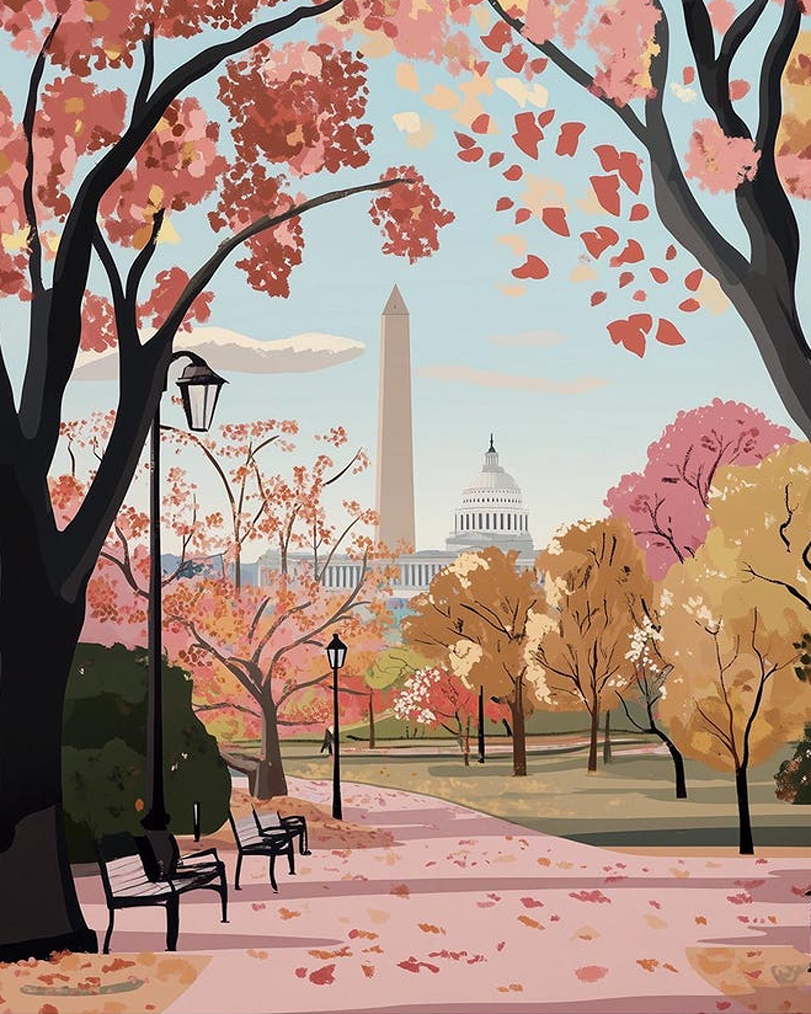
We visited the official website to go beyond the soundbites, to see what the actual policies are of the Trump administration. These include:
Working-class tax cuts and making the USA the ‘superpower of the manufacturing world’. This sounds very much like Boris Johnson’s ‘the biggest, most powerful blah-blah’, when we need more small and local economies.
Empowered consumer choices for vehicles, shower heads, toilets, washing machines, dishwashers and light bulbs (?) It’s also known that he is rolling back on a ban on plastic straws.
Apparently the light bulb issue is that he’s not happy that people are being encouraged to use energy-efficient light bulbs (which are cheaper long-term). And give off light that’s ‘not as good’. Critics say he was likely talking about older-style bulbs, not modern LED ones we have now:
He is pretty well mistaken about what light bulbs are, and how they work. A lot of his talking points may be have been accurate 10 or 15 years ago, but a lot has changed in the world of lighting. Engineering Professor Eric Hittinger (Rochet Institute of Technology)

On being elected the second time, Trump withdrew from the Paris Climate Agreement, a commitment to reduce carbon emissions to 1.5 degrees, to help stop irreversible climate change. This would have involved reducing fossil fuels, but instead he wants to ‘drill, drill, drill’. Including in the Arctic Circle, would could very soon send already critically endangered polar bears to extinction.
The website talks about how Trump is creating peace between Russia/Ukraine and Israel/Gaza (he isn’t, but of course if he did, that would be great).
The public health policy (in a country where there is no NHS, so if you get ill without money, you’re toast) is just one sentence:
President Trump has pledged to create the highest quality of life, build the safest and wealthiest and healthiest and most vital communities anywhere in the world’.
And the ‘bring back American values’ policy again is just once sentence, which is basically about avoiding ‘radical gender idealogy’. What about honesty, decency, fairness, respect, compassion, kindness, empathy, gratitude and integrity?
What are JD Vance’s Qualifications?
As Vice-President to an ageing President, it’s important that people know the qualifications of the man who could well be the most powerful man in the world, within a few years (Trump cannot stand next time, as he has served 8 years combined).
JD Vance is a corporate lawyer who wrote a book on Appalachian people that was panned by critics, for portraying negative stereotypes, to advance his career. The film adaptation was also panned.
Thinking about reading Hillbilly Elegy? Don’t. The State Press
A person who truly represented Appalachian people wouldn’t take money from the same big pharma lobby that left West Virginia with the highest opioid overdose rate in the country.
They wouldn’t deny climate change, in the face of catastrophic flooding that eastern Kentucky still hasn’t recovered from, two years out. They wouldn’t stoke fear of immigrants, who provide essential labour in Appalachia in healthcare, agriculture and service industries. Neema Avashai
Why USA Politics is Barmpot Scary
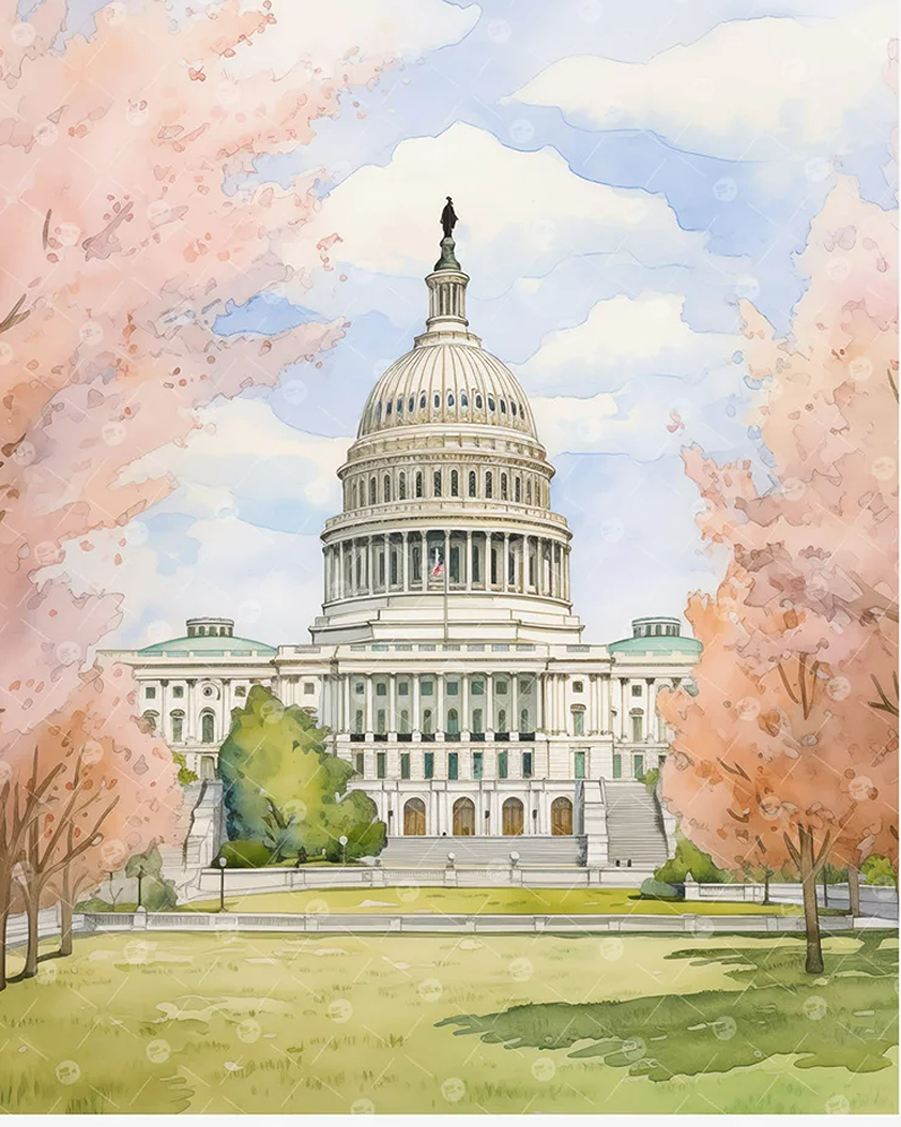
American politics (which affects us) is actually quite terrifying of late. It’s never been good (the system of two-party politics is baked in, and Presidential elections are decided simply by how a few hundred thousand people vote in a few swing states).
At present, it would be impossible to ever have a third party have a hope of winning a national election.
Religion also focuses heavily. For instance, someone with a deep Catholic faith of course will oppose abortion. Which is fine, apart from the fact that he or she will then vote for a Republican who seems intent on becoming a dictator if elected, and has little empathy for others.
The Deep South inexplicably supports a ‘Christian President’ who held up a Bible while his supporters fired teargas at peaceful protestors. The Deep South states (which border Mexico) house gorgeous accents, country music, iced tea and some of the most beautiful buildings and towns on earth (American writer Bill Bryson says Savannah is his favourite city in the world).
The food here is also more akin to what we could offer – collard greens and peach cobbler, y’all!
However the high temperatures are suffering from climate change (Biden also went back on environmental promises, almost immediately after elected).
Italy’s worrying Right-Wing Politics Trends

Italy has always had barmpot politics. We are not talking here of ‘conservative with a small C’ but like some other areas of Europe, a worrying trend towards far-right politics, akin to back in the days of Mussolini (who did not make the trains run on time, that was a myth).
In fact, he and his wife were so unpopular, they met a grisly end, hung upside down for locals to throw things at their bodies for days after their deaths. And what happens here affects us all, re policies say for climate change (the latest leader is rolling back on previous laws to protect our planet and animals).
Like Trump, the previous right-wing Prime Minister controlled most of the media, telling earthquake survivors they should look at sleeping in emergency tents as a ‘weekend of camping’.
Queen Elizabeth II once told him off at a summit, for shouting across to the US President. She is said to have thrown her hands in the air and asked ‘Why does he have to shout?’
It’s strange given how friendly and warm Italians are, that it seems to attract right-wing leaders. The latest is Georgia Meloni, a beautiful young woman who nevertheless has scary politics, who has already persuaded Brussels to scrap bans on concerning pesticides and to scale back environmental regulations.
Vatican City is of course home to the Pope. Although there’s nothing nicer than visiting evening Vespers at a local monastery, the Church has of course been rocked in recent years by sexual abuse scandals.
What’s not so well known is that the seat of Jesus Christ (and Francis of Assisi – the Catholic patron saint of animals) rents out a nearby building for $30,000 Euros a month to McDonald’s (which has huge animal welfare and environmental issues). And it wonders why people are leaving in droves?
From Post-War Stability to Modern Discontent
After 1945, the Christian Democrats dominated politics for almost half a century. Coalition governments were common, but a broad centrist line held. This collapsed in the early 1990s with sweeping corruption trials, known as Tangentopoli. Trust broke, party systems shifted, and the old order faded.
Silvio Berlusconi stepped into that vacuum. He reshaped politics with media power (he was kind of like Italy’s version of Trump), bold messaging, and a focus on security and taxes. His alliances gave a platform to Lega, once a regional party with a northern focus, and helped normalise harder lines on immigration and identity.
When the 2008 financial crisis hit, wages stalled, youth unemployment rose, and the state looked weak. The social contract felt brittle.
These shocks fed a mood of grievance. Public patience thinned as migration flows increased in the 2010s. Newer parties sharpened the message. Brothers of Italy (the party that Georgia Meloni now leads) grew from the right, while the Five Star Movement tapped into anti-establishment anger. The centre could not absorb the pressure, so the debate swung to the edges.
Key Milestones in Right-Wing Ascendancy
- The 2013 election fractured the party landscape. Five Star surged, the old centre faltered, and right-wing parties found fresh momentum.
- In 2018, a coalition between Five Star and Lega took office. It hardened rhetoric on borders and Europe, and tested new spending plans that drew EU scrutiny.
- The pandemic years did not ease the pressure. By 2022, Giorgia Meloni and her Brothers of Italy led a right-wing coalition to victory. It was a decisive win that turned long-term trends into government power.
- Regional elections since 2022, including in Lazio and Lombardy, kept that momentum. European elections in 2024 confirmed the coalition’s base was holding.
- Voter turnout has dipped compared with past decades, a sign of fatigue and distrust. Polls through 2025 still show the governing bloc in front, though with a more watchful public.
The line is clear. From post-war stability to a fragmented present, each crisis left deeper marks, and right-wing parties learned to speak to those scars.
Why Current Policies are Raising Alarms
Italy’s current government frames its agenda as control, identity, and sovereignty. Supporters see order after drift. Critics see risks to rights, the economy, and relations with Europe. The clearest shifts involve immigration, social policy, and the balance between national law and EU norms.
Recent budgets have triggered debate in Brussels, where rules on debt and deficits are tight. Rome defends spending plans as needed for growth and support to families. The EU has pushed for discipline. Friction has risen during 2024 and into 2025, as deficit targets meet political promises. This shapes credit ratings, bond costs, and the pace of reforms tied to EU recovery funds.
The worry is not one law, but the pattern. Power concentrates in the executive, checks feel softer, and debate narrows. Italy is not leaving the EU, yet it tests how far a member can push against shared standards.
Italy’s rightward turn did not come overnight. It grew from long years of scandal, crisis, and stalled reforms. Recent victories gave the right the power to act, and it has moved fast on borders, budgets, and social policy. Supporters see order and pride. Critics see rights at risk and friction with Europe.
The outcome is still open. Democratic checks exist, and voters remain watchful. The best guard against drift is informed debate. Read across sources, ask hard questions, and support balanced, lawful policy. If you care about Italy’s future, stay engaged, vote when you can, and speak up. The next chapter will be written in public, and participation is the strongest tool citizens have.
The Italian government is now set to bring back nuclear power, 35 years after Italy abandoned it (like Austria and New Zealand, Italy has been nuclear-free on safety grounds for decades). She has also declared ‘war on wild boats’ with relaxed hunting (but them entering into Rome is more due to litter left, due to over-tourism).
Avanti, the Italian Greens!

On a positive note, The Greens in Italy have many politicians at national and local level, headed up by co-leaders Fiorella Zabatta and Angelo Bonelli.


